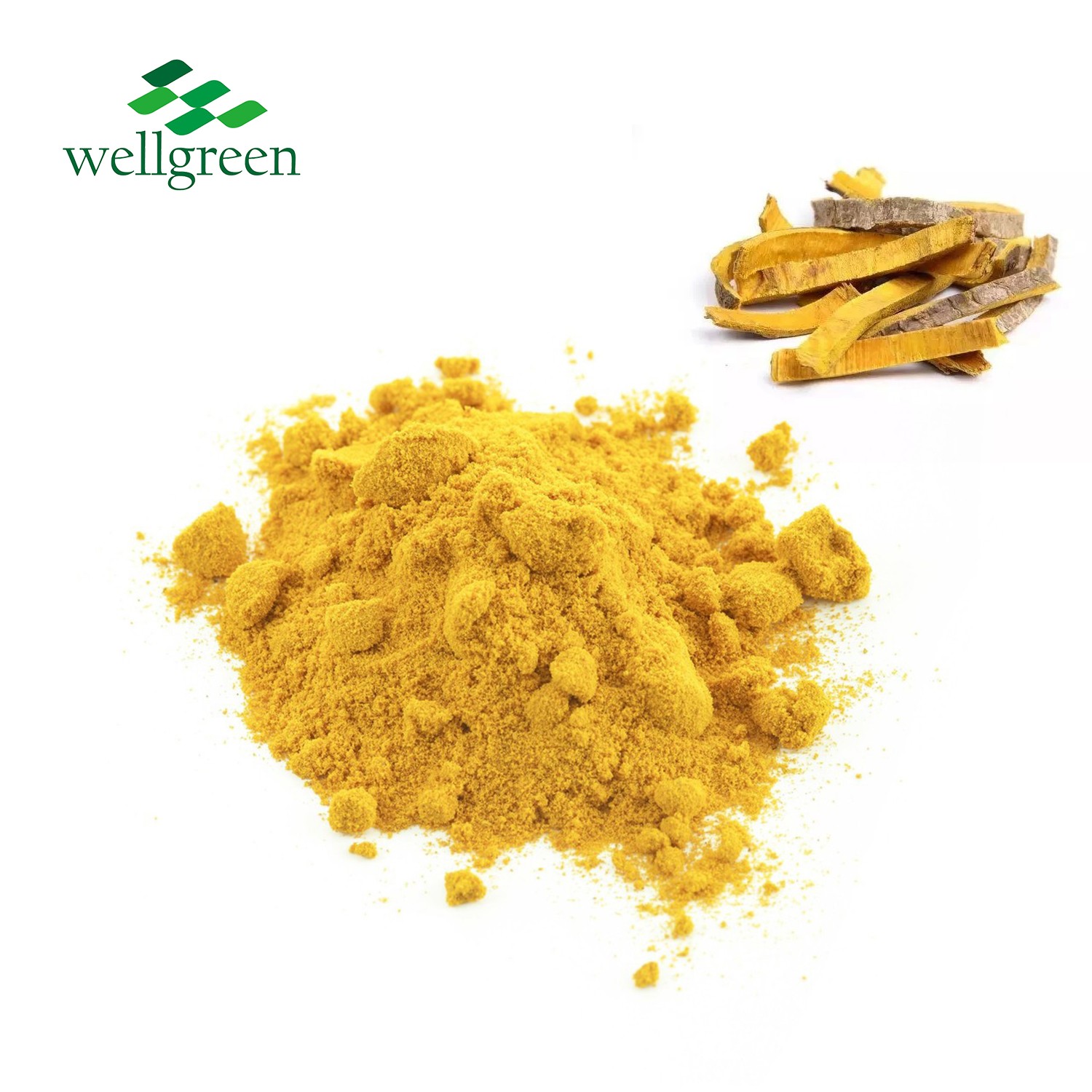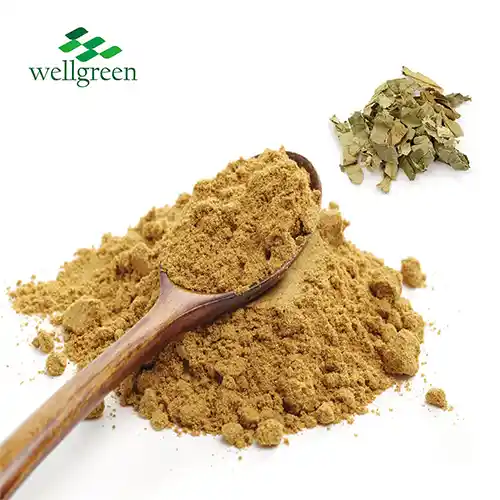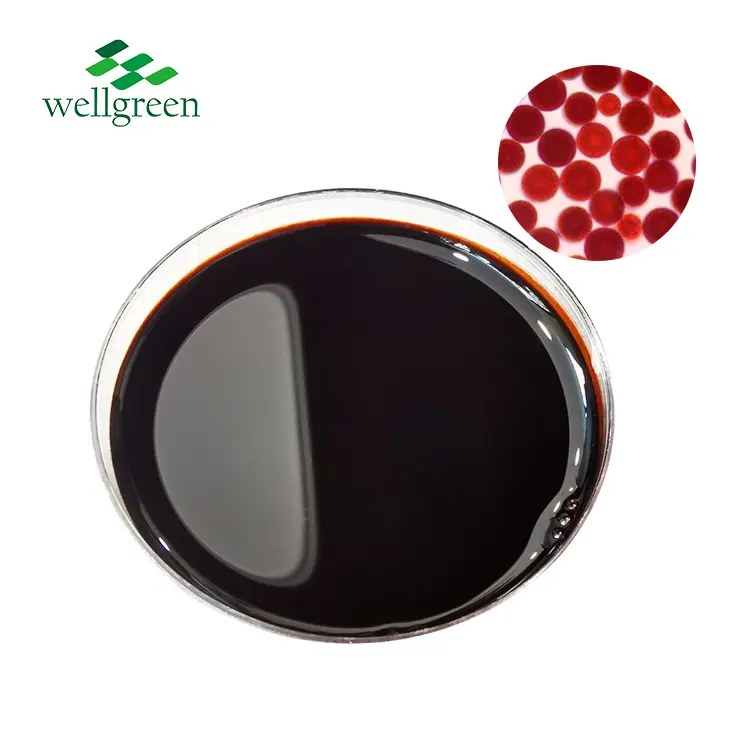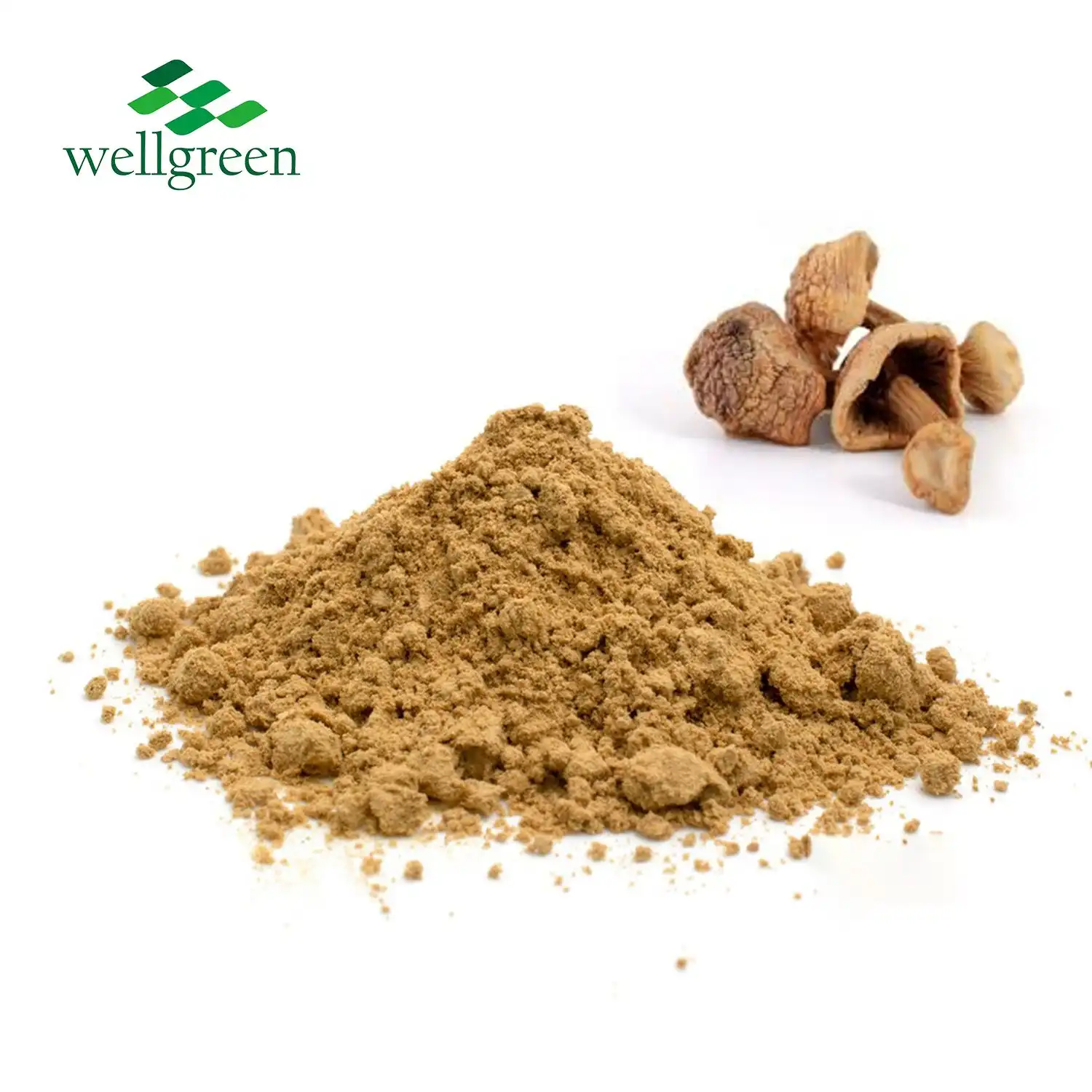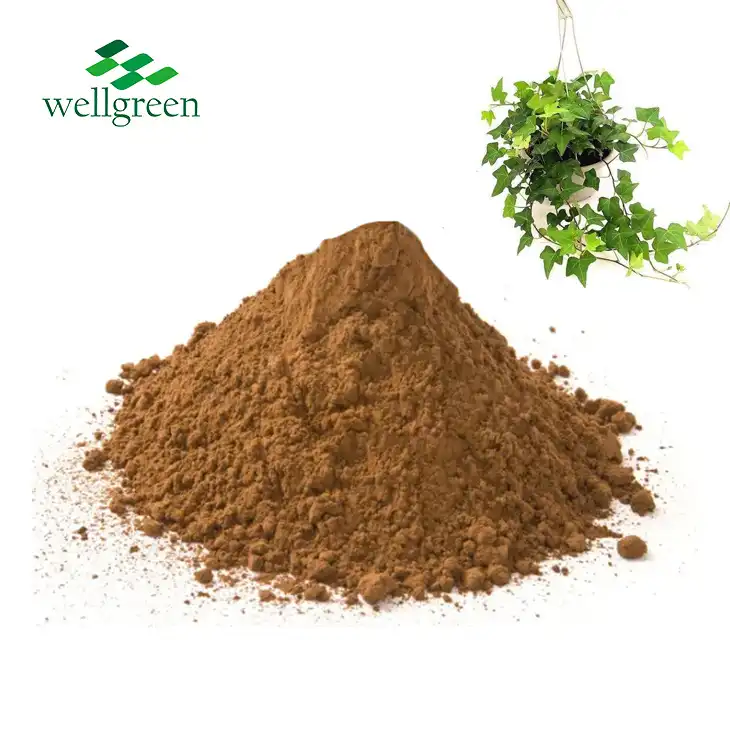What Is Apigenin Powder and Why Is It Gaining Popularity in Supplements?
2025-09-17 14:07:38
Apigenin powder is a natural flavonoid compound extracted from various plants, gaining significant traction in the supplement industry. This powerful antioxidant is drawing attention for its potential health benefits, including anti-inflammatory, anti-cancer, and neuroprotective properties. As consumers increasingly seek natural alternatives to support their well-being, apigenin powder has emerged as a promising supplement ingredient. Its rising popularity stems from ongoing research highlighting its diverse therapeutic potential and its occurrence in common foods like parsley, celery, and chamomile tea, making it an appealing option for those looking to enhance their health regimen with plant-based compounds.

Chemical Structure and Natural Sources of Apigenin
Molecular Composition and Properties
Apigenin (4',5,7-trihydroxyflavone) is a flavone subclass of flavonoids with a distinct chemical structure. Its molecular formula, C15H10O5, consists of two benzene rings linked by a heterocyclic pyrane ring. This unique arrangement contributes to apigenin's potent antioxidant capabilities and its ability to interact with various cellular components. Pure apigenin powder appears as a yellow crystalline substance, poorly soluble in water but more readily dissolved in organic solvents.
Botanical Origins of Apigenin
While apigenin can be synthesized in laboratories, it primarily occurs naturally in a wide array of plants. Parsley stands out as one of the richest sources, containing up to 45,035 μg/100g. Other significant botanical sources include: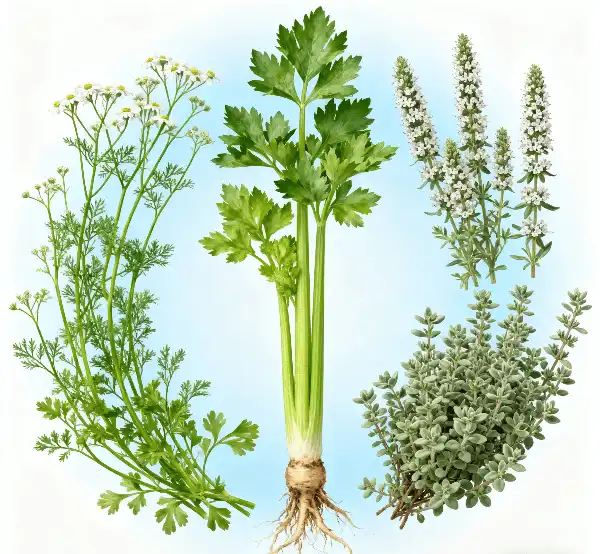
- Celery
- Chamomile flowers
- Thyme
- Oregano
- Basil
- Coriander
- Artichokes
- Citrus fruits (especially in the skin)
These diverse sources contribute to apigenin's presence in many traditional diets, particularly those rich in herbs and vegetables.
Extraction and Processing Methods
Obtaining high-quality apigenin powder for supplements involves sophisticated extraction and purification processes. Common methods include:
- Solvent extraction using ethanol or methanol
- Supercritical fluid extraction with CO2
- Ultrasound-assisted extraction
- Microwave-assisted extraction
After extraction, the compound undergoes purification steps such as column chromatography or recrystallization to achieve high purity levels. Advanced manufacturers strive for apigenin powder with 98% or higher purity, ensuring potent and consistent supplementation.
Increasing Trends in Supplementation and Consumer Interest
Market Growth and Demand Patterns
The global market for apigenin powder has witnessed substantial growth in recent years. This surge is attributed to increasing consumer awareness of its potential health benefits and a growing preference for natural supplements. Market analysts project a compound annual growth rate (CAGR) of over 5% for apigenin in the coming years, driven by its applications in nutraceuticals, cosmetics, and pharmaceuticals. The demand for pure apigenin powder is particularly strong among supplement manufacturers looking to create innovative products targeting specific health concerns.
Consumer Awareness and Education
As information about apigenin's potential benefits becomes more widely disseminated, consumer interest has piqued. Social media platforms and health blogs have played a significant role in educating the public about this flavonoid. Consumers are increasingly seeking out supplements containing apigenin powder, often as part of a holistic approach to health and wellness. This growing awareness has led to a more informed customer base, with many individuals specifically requesting apigenin-containing products from their local health food stores or online retailers.
Regulatory Landscape and Quality Standards
The rising popularity of apigenin powder has prompted regulatory bodies to pay closer attention to its production and marketing. While apigenin is generally recognized as safe (GRAS) when consumed in amounts commonly found in foods, its use as a dietary supplement is subject to varying regulations worldwide. Manufacturers are increasingly focusing on quality control measures, including third-party testing and certification, to meet consumer demands for purity and potency. This emphasis on quality has further bolstered consumer confidence in apigenin supplements, contributing to their growing popularity.
Benefits Driving the Demand for Apigenin Powder
Antioxidant and Anti-Inflammatory Properties
One of the primary reasons for the increasing demand for apigenin powder is its potent antioxidant capacity. Apigenin effectively neutralizes free radicals, which are unstable molecules that can damage cells and contribute to aging and various diseases. This antioxidant action helps protect cellular components, including DNA, proteins, and lipids, from oxidative stress. Additionally, apigenin exhibits significant anti-inflammatory effects by modulating various inflammatory pathways in the body. These properties make it an attractive option for individuals seeking natural ways to support overall health and combat chronic inflammation.
Potential Cancer-Fighting Abilities
Extensive research has highlighted apigenin's potential as a chemopreventive agent. Studies suggest that apigenin powder may inhibit the growth and spread of various cancer cells through multiple mechanisms, including:
- Inducing apoptosis (programmed cell death) in cancer cells
- Inhibiting angiogenesis (formation of new blood vessels that feed tumors)
- Modulating cell signaling pathways involved in cancer progression
- Enhancing the efficacy of certain chemotherapy drugs
While more research is needed, these promising findings have sparked considerable interest in apigenin as a complementary approach to cancer prevention and treatment.
Neuroprotective and Cognitive Benefits
Apigenin powder has garnered attention for its potential neuroprotective effects and ability to support cognitive function. Research indicates that apigenin may:
- Protect neurons from oxidative stress and inflammation
- Enhance memory and learning capabilities
- Reduce anxiety and promote relaxation
- Potentially mitigate the risk of neurodegenerative diseases like Alzheimer's and Parkinson's
These cognitive benefits have made apigenin an intriguing compound for those looking to support brain health and mental well-being naturally.
Conclusion
Apigenin powder has emerged as a promising natural supplement, gaining popularity due to its diverse potential health benefits. From its potent antioxidant and anti-inflammatory properties to its potential in supporting cancer prevention and cognitive health, apigenin offers a wide range of applications for health-conscious consumers. As research continues to unveil new insights into this flavonoid's mechanisms and effects, the demand for high-quality apigenin powder is likely to grow further, solidifying its place in the world of natural supplements.
Contact Us
Are you looking for a reliable source of high-quality apigenin powder for your supplement formulations? Xi'an Wellgreen offers premium pure apigenin powder manufactured in our GMP-certified facility. With our extensive inventory, comprehensive certifications, and fast delivery options, we're your ideal partner for plant extract powders. Contact us today at wgt@allwellcn.com to learn more about our apigenin powder supplier capabilities and how we can support your product development needs.
References
1. Salehi, B., et al. (2019). The Therapeutic Potential of Apigenin. International Journal of Molecular Sciences, 20(6), 1305.
2. Nabavi, S. F., et al. (2018). Apigenin and Alzheimer's Disease: An Update. Neuroprotective Effects of Phytochemicals in Neurological Disorders, 397-412.
3. Sung, B., et al. (2016). Apigenin: A Promising Molecule for Cancer Prevention. Pharmaceutical Research, 33(6), 1527-1534.
4. Choi, E. J., et al. (2021). Apigenin and its metabolites in health promotion and disease prevention. Critical Reviews in Food Science and Nutrition, 61(18), 3065-3077.
5. Madunić, J., et al. (2018). Apigenin: A dietary flavonoid with diverse anticancer properties. Cancer Letters, 413, 11-22.
6. Yan, X., et al. (2017). Apigenin in cancer therapy: anti-cancer effects and mechanisms of action. Cell & Bioscience, 7, 50.

